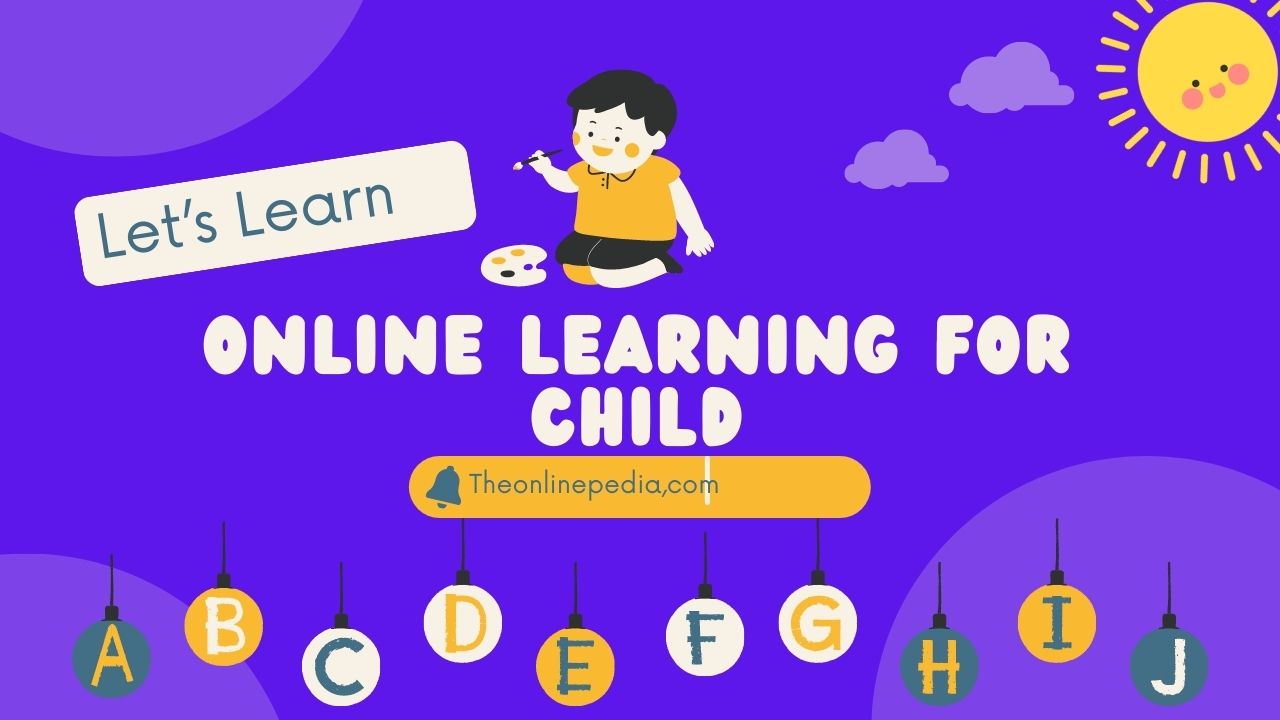How to Enhance Online Learning in the Child? In the past years, online learning has proved challenging for both educators and students. Keeping youngsters engaged and drifting off is the most challenging component of internet schooling. All academic institutions and educators must work together to develop online learning tools and resources in order to fully utilize this opportunity. This problem is being faced by many colleges and schools, but one roadblock is that not every student or school has access to cutting-edge technologies to make their classes engaging for the students.
Apart from the challenges, Online learning is becoming increasingly prevalent in recent years. Students have now the chance to learn from the comfort of their homes thanks to online learning’s adaptability and accessibility. Implementing tactics that improve the learning experience is essential if you want to get the most out of online education. In this article, we will explore a range of techniques that how to enhance online learning in the child, fostering engagement, motivation, and academic success.
How to Enhance Online Learning in the Child?
1. Establish a supportive and encouraging learning environment
For a child to succeed in online education, it is crucial to create a good learning atmosphere. The child’s learning activities should take place in a calm, uncluttered atmosphere, according to parents and other carers.
The required equipment should be available in this area, including noise-canceling headphones, a strong internet connection, and a functional computer or tablet.
2. Set Specific Expectations and Goals
Setting goals is a great way to motivate children. Set attainable learning goals for the child and explain them to them. To avoid overload and foster a sense of progress, divide the bigger goals into more manageable, smaller activities.
3. Utilize Interactive and Engaging Content
Platforms for online learning frequently provide interactive tools and multimedia content. To make learning engaging and fun for the youngster, encourage them to explore these materials, which include simulations, educational games, and movies.
4. Promote peer communication
A student’s growth is greatly influenced by socialization. Encourage the child to participate in peer interactions through online study groups or team projects. This encourages a sense of belonging and makes it possible for peer learning.
5. Regular Breaks and Physical activity
Children may become exhausted from spending a lot of time in front of a screen. To keep their thoughts fresh and bodies active, encourage frequent pauses and exercise.
Taking brief pauses during study sessions might also help students focus and retain information.
6. Offer Context from the Real World
Assist the youngster in realizing the relevance of the knowledge acquired through online learning. Enhancing comprehension and encouraging active participation in the learning process are achieved by relating the course material to real-world situations.
7. Offer quick and helpful feedback
The development and improvement of a youngster depend on regular input. Parents, teachers, and online instructors should all provide constructive criticism to recognize accomplishments and point out areas for development.
8. Encourage Curiosity and Inquiry
Encourage the youngster to research subjects outside of the curriculum and to ask questions. Fostering curiosity encourages a love of study and enables the child to find new passions.
9. Individualize Learning Processes
Every child learns in a unique way. The learning experiences can be tailored to a child’s strengths and shortcomings using adaptive learning technologies, which are frequently provided by online learning platforms. Utilize these options to adjust the content to the needs of the particular child.
10. Limit your screen time
Even if online learning is advantageous, too much screen time can be harmful to a child’s health. Encourage a balanced mix of offline and online activities, such as hobbies, outdoor play, and reading physical books.
11. Parental Support and Involvement
How to Enhance Online Learning in the Child? Parents are essential to a child’s online learning experience. Keep in touch, discuss the child’s progress frequently with them, and show them support and encouragement.
12. Promote an attitude of growth
Stress the value of effort, tenacity, and persistence in the face of obstacles. Children that are raised with a growth mindset learn to accept failure as part of the learning process.
13. Discover what motivates your students.
The good news is that finding out what inspires and drives your online students to participate in class, just like in any face-to-face classroom, is the actual key to engaging them. When teaching English online or if you are a traditional classroom teacher who has gone virtual, use the same tools you would in a physical classroom. Play some music to make the enjoyment more intense, or just let go with the drawing tool! Never be afraid to try different things with your pupils to see what works best.
Conclusion
How to Enhance Online Learning in the Child? Students have a wide range of chances to learn and develop their abilities online, all in a flexible and convenient way. Parents and other adults who provide for children can improve their online learning opportunities by putting the aforementioned strategies into practice, which will encourage interest, motivation, and academic success. Keep in mind that every child is different, so be patient and flexible in determining the strategy that is most effective for them. Children may thrive in the digital learning environment and get ready for a successful future with the correct help and resources.

